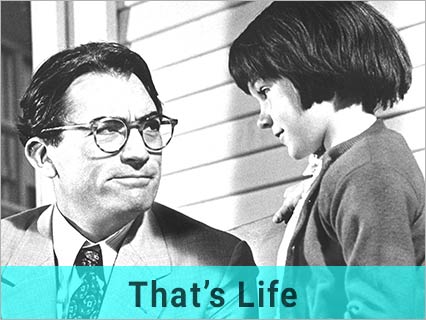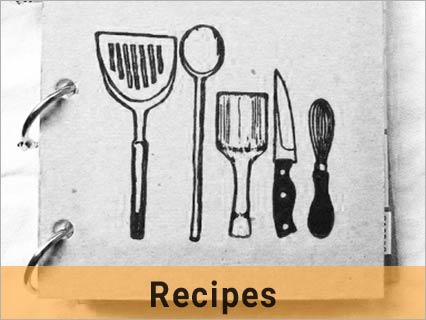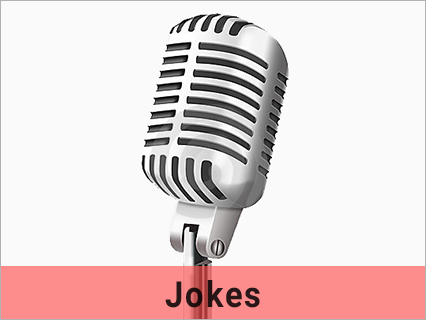A reason not to knock the NHS.. (part 2)
01 Apr 2025
...
After a moment of silence, we managed to elicit from the somewhat recalcitrant gentleman that if our casualty wanted an ambulance, he would need to have a card showing the name of the ambulance company of which he was a patron, which would, of course also carry their phone number. As you can imagine, this brought us up somewhat short, and after a few moments of deliberation, we asked the gentleman how one obtains an ambulance for an injured person if he doesn't have a card. The blank stare that followed the question answered it! One of our American colleagues then said, so what the hell do you do if you want to get to hospital and are not fit to sit in the back of a car?" After a moment's consideration, the gentleman behind the counter said, "Well, you could try persuading a police officer to take him."
It might initially sound odd that he would say this unless you knew that most Sudanese police officers drove pickup trucks. He thought the injured man was less likely to suffer further injury on the flatbed pickup truck - most considerate. So, we returned outside to join our colleagues who were keeping an eye on him and asked one of the several bystanders who had arrived in the meantime to see what was going on and how we could get help from a police officer. The question, however, proved unnecessary because, at that moment, a police vehicle was approaching and had slowed down to see what the commotion was.
We flagged it down and explained the situation to the police officer, who thought for a moment and then looked at us and held out his hand, demanding a hundred Sudanese pounds as a fee for transporting the injured man to the local infirmary. There was a moment when each party member looked at the other. Still, in true British style, a colleague pulled out our wallets to produce the requested hundred Sudanese pounds; in the process, revealing we had sterling and the instant he saw this, he demanded one hundred pounds instead. To our surprise, however, having pocketed the money, he extended his hand again. Again, blank stares from us as we had just handed him a hundred pounds.
At this point, through a bystander whose English was quite a bit better than that of the police officer, it was explained to us that while the injured man’s medical care was free, looking after him in the hospital wasn't, so, if we deposited him in hospital without funds to support him, they would patch him up and leave him to recover by himself, meaning he would thus receive no meals or after-care beyond the day or so in hospital, after whatever procedures that were necessary had been carried out. And so, having come to the understanding that, unlike in the United Kingdom, in Sudan at that time, post-medical support had to be paid for by the patient, the patient's family, or any parties who wished to help, our American colleagues went through their pockets. They managed to scrape together seventy U.S. dollars, lighting up the face of the police officer even more as it was the equivalent of around eight thousand Sudanese pounds. It wasn't a lot, but it's all we had to hand at the time (it should be borne in mind, however, that at that time, the exchange rate for the Sudanese pound was one hundred to a pound sterling). We were never able to discover what happened to the man after that, but we live in hope that he was treated and made a full recovery.
For someone like me, born in a country where your medical care is covered through taxation, from the cradle to the grave, it was an eye-opener and taught me a valuable lesson about the true worth of the NHS. However, 40 years later, after the previously reiterated car crash, I understood its value.
Incidentally, the whole thing was far less a surprise to my American colleagues, who, unlike those born in the UK, have to carry medical insurance throughout their lives and can go bankrupt paying medical bills if their insurance decides they have paid out enough and will offer no more cover, or leave the condition untreated and expire when the ailment becomes terminal.
And the moral of this story? Don't knock the NHS. It is one of the best universal health services in the world, and for those who think going private gets you better doctors, it doesn't. The same doctors who work on you in private care will work on you under the state health system. My partner came into this world with a brain tumour. When it became clear that the theatres in her local hospital were inadequately equipped to complete the procedure, she was taken from Kingston to 'Great Ormond Street, with her head still open, in an ambulance with a police escort to get the job done. From a medical standpoint, you are blessed if you live in the United Kingdom, and there is no finer service than the NHS.
GB, Kent.







